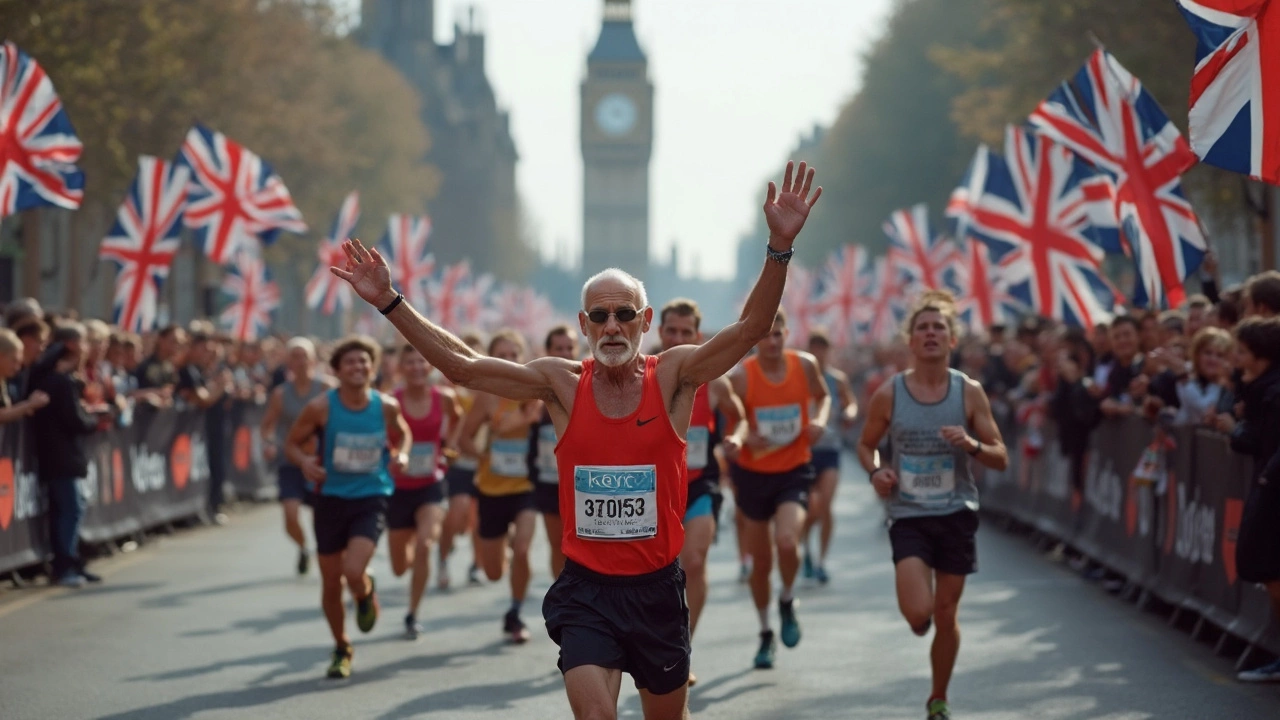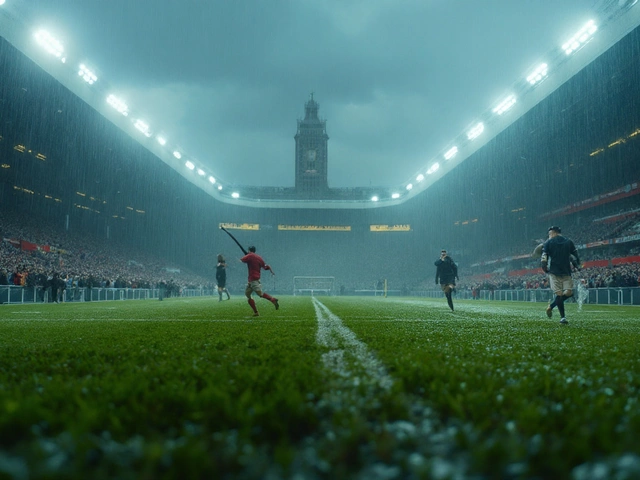Marathon History: From Ancient Legend to Modern Race
When talking about Marathon History, the story of the 26.2‑mile run that began with a messenger’s sprint from the battlefield of Marathon to Athens and grew into a global sporting phenomenon. Also known as the marathon’s legacy, it links ancient myth, Olympic tradition, and today’s training science. marathon history isn’t just a timeline; it’s a web of cultures, equipment advances, and human endurance that still inspires runners worldwide.
Why Marathon History Matters
The origin point lies in Ancient Greece, where the run of Pheidippides sparked the first recorded marathon. That tale fed into the Olympic Games, which revived the marathon in 1896 and set the distance standard we use today. From there, long‑distance running, a discipline that tests stamina, pacing, and mental toughness emerged as a competitive sport and a personal challenge. Modern marathons also depend on running shoes, engineered to cushion impact, improve propulsion, and reduce injury risk. The evolution of footwear mirrors the broader shift in sports equipment that supports endurance athletes, from moisture‑wicking apparel to carbon‑plate midsoles. Each of these entities—ancient roots, Olympic inclusion, training methods, and gear—forms a semantic triple: Marathon History encompasses Ancient Greece, requires Olympic Games, and influences modern running shoes.
Understanding marathon history also shines a light on the stamina‑draining habits runners face today. Research shows that poor shoe choice, inadequate training, and neglecting recovery can wreck energy reserves, echoing the challenges early messengers endured. By tracing how gear and training have advanced, you can avoid common pitfalls—like overtraining or wearing the wrong shoes—that the ancient runner could never have imagined. Below, you’ll find articles that break down everything from beginner shoe selection to the science of stamina, giving you practical steps to honor the marathon’s legacy while boosting your own performance. Let’s dive into those insights and see how the past shapes the runs we tackle now.
Discover the craziest and slowest marathon finish on record, and what it tells us about marathon history. Find out how time limits work, and learn tips for completing a marathon no matter your pace. We'll bust myths about what's considered 'too slow' and show why finishing is a victory in itself. Get practical advice for training at your own speed, and see how even record-slow times have a lesson for every runner.
READ MORE





